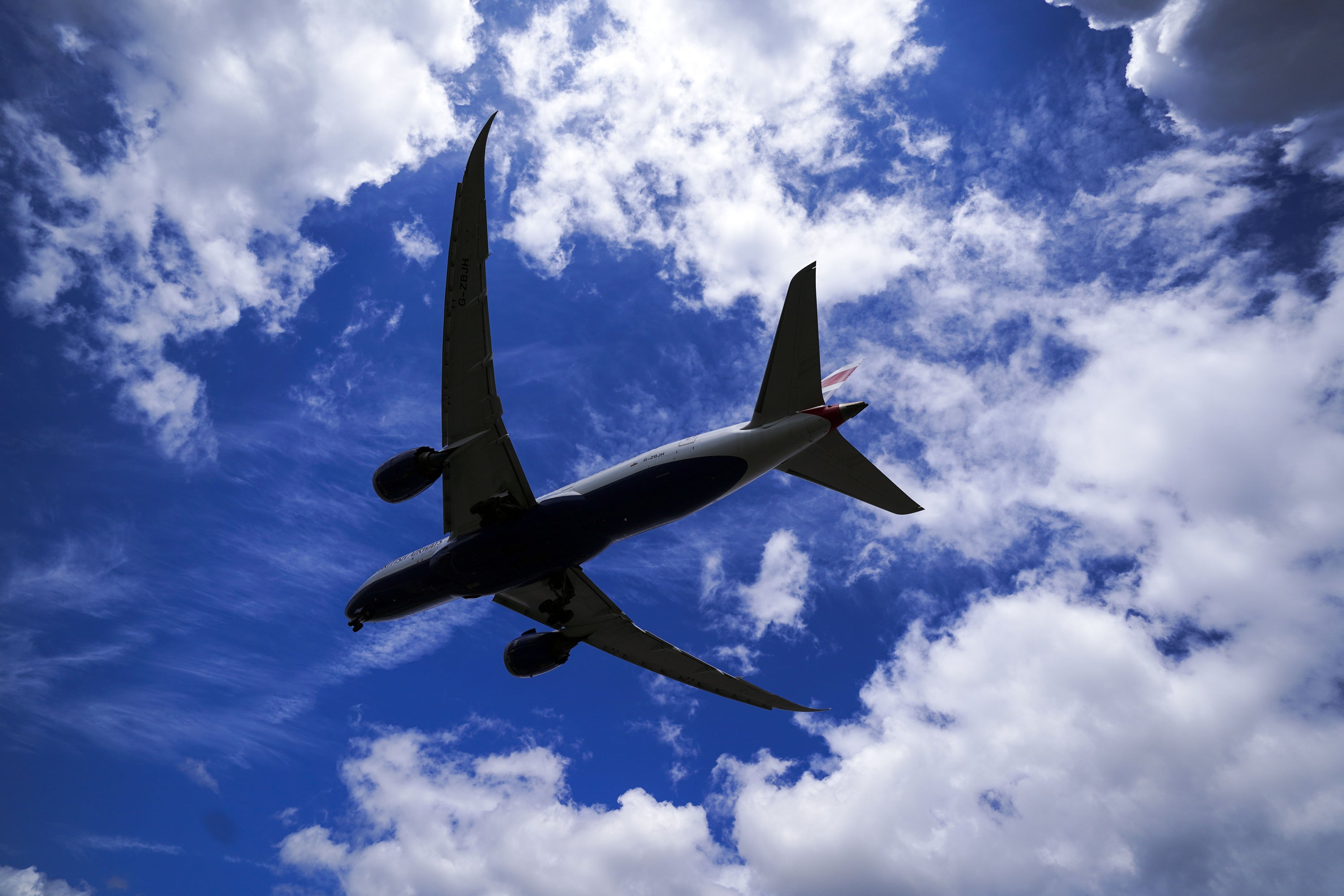The government has got it badly wrong over domestic flight compensation
Even before the Covid-19 pandemic, the backlog for compensation claims in courts was growing. Introducing regulations that weaken passengers’ rights would be another kick in the teeth, writes Rocio Concha


The government is currently consulting on “reforming aviation consumer policy”. In plainer terms, that means the rights that you or I have should something go wrong with a flight we’ve booked.
Certain proposals are welcome and long overdue. The Civil Aviation Authority (CAA) has been in need of stronger powers to clamp down on airlines that breach consumer law for years.
Alternative Dispute Resolution (ADR), a scheme to help passengers and airlines resolve disputes and avoid resorting to the courts, must become mandatory for all airlines to prevent companies from simply walking away from decisions they don’t like, as some have done in the past. The government must push forward with these changes urgently.
And where recourse to the courts is necessary, a system for collective redress should be implemented where there are many passengers affected by the same disruption or breach of the law by airlines, based on an “opt-out” approach as for competition cases.
However, one proposal that should remain grounded is changing how passenger compensation for domestic flights is calculated. The government is proposing that flight compensation emulates the train “delay repay” system, where passengers can claim a percentage of the cost of their ticket depending on how many hours their flight is delayed.
The Department for Transport argues that this will result in more passengers being able to claim compensation. But there are several reasons why this proposal could leave passengers out of pocket and damage trust in travel for many years to come.
For a start, air travel isn’t like train travel. If my train is delayed or cancelled, I can hop on the next one, which may only be a matter of minutes later. But if my flight is delayed or cancelled, I might need to book an alternative at the last minute, perhaps with a more expensive airline. On some routes, like Belfast to London, there may be cases where flying is the only viable option (provided I don’t have 10 or more hours to spare on a ferry).
New rules would also slash the amount of money paid in compensation to passengers. In 2019, the average cost of a ticket from Edinburgh to London on Skyscanner was £44. Assuming a plane on that route is full with a capacity of 180 passengers and everyone eligible were to be compensated, an airline would potentially have to pay out up to £39,600 for delays of three hours or more under the current rules. Under the government’s proposed scheme the maximum payout is reduced to just £7,920.
That’s not only a bad deal for passengers, but even more importantly, it significantly reduces the penalty on airlines for not running an on-time service. Why strive to ensure flights aren’t delayed when the cost of new compensation rules could significantly cut the price of payouts? Why not overbook flights knowing that the penalty for bumping a few passengers is removed?
It is deeply disappointing that these proposals have given precious little voice to passengers and consumer groups before it considers taking these proposals any further forward.
Adding to the concerns are the admissions by the Department for Transport that its proposals are based on a lack of evidence and unjustified assumptions in estimating how many passengers would claim compensation and benefit from these new rules and, therefore, it isn’t clear how effective this proposal will be in acting as a deterrent for airlines to avoid delays.
There is also the risk that, should these new regulations be introduced for domestic flights, they could set a precedent and lead to reduced compensation rights for European and international flights, meaning even more passengers would be at risk of losing out.
Even before the Covid-19 pandemic, the backlog for compensation claims in courts had swelled to thousands. After two years which saw thousands of passengers propping up the travel sector during the pandemic by accepting vouchers and credit notes instead of cash refunds, even as some airlines routinely breached consumer law over flight cancellations, introducing new regulations that weaken passengers’ rights would be yet another kick in the teeth.
If the government really wants to show that it's on the side of passengers, it should abandon these compensation proposals and instead empower consumers by giving them access to an aviation ombudsman, collective redress rights, and handing the CAA the powers to stand up to airlines that flout the rules.
Rocio Concha is Director of Policy and Advocacy at ‘Which?’






Join our commenting forum
Join thought-provoking conversations, follow other Independent readers and see their replies
Comments